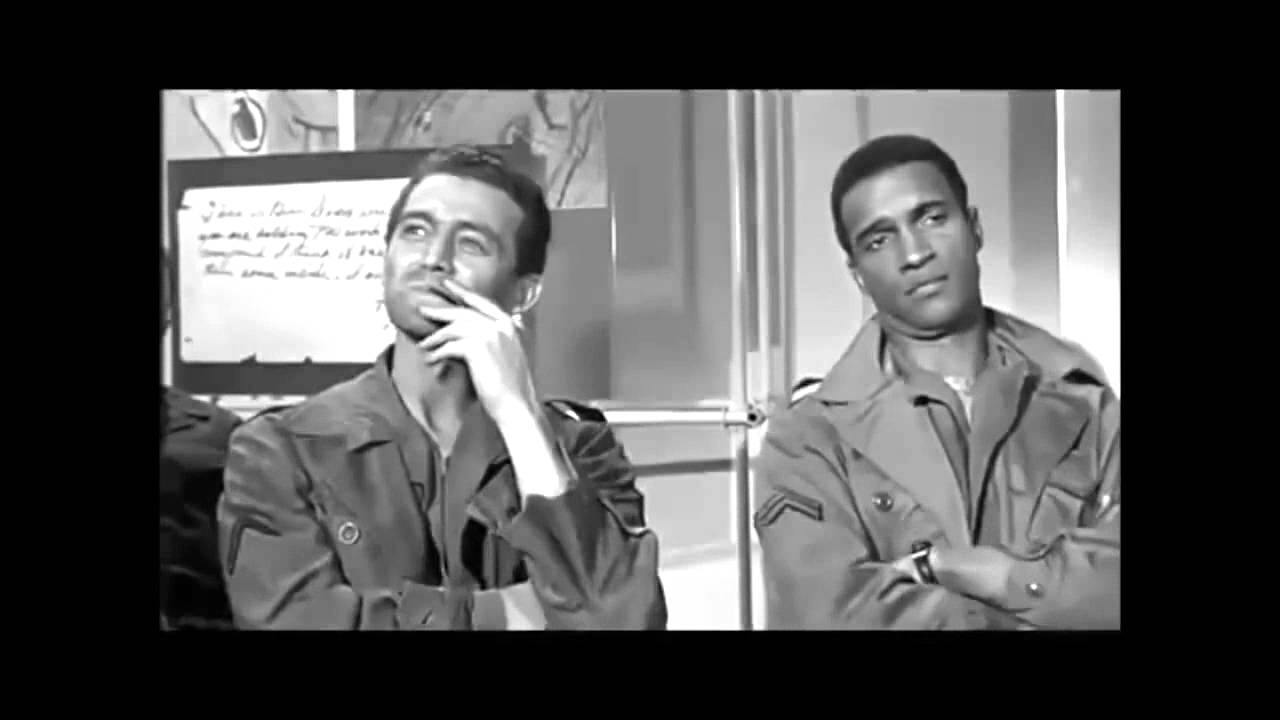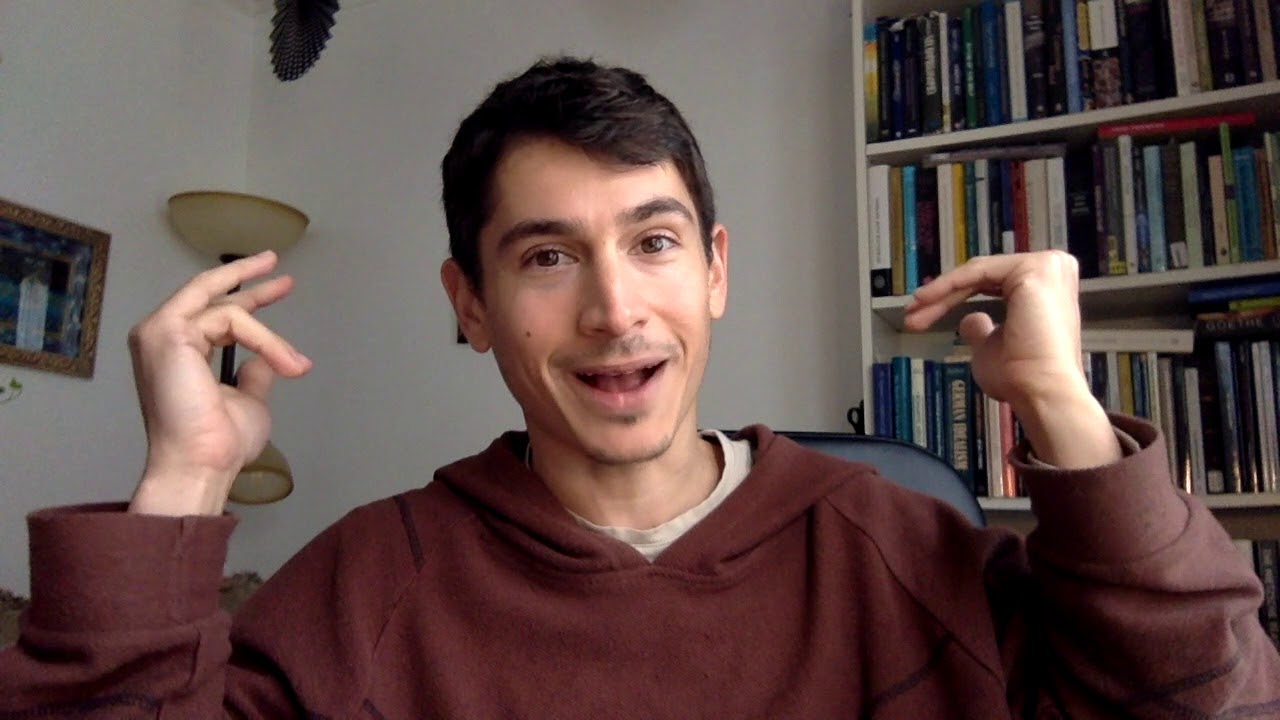Conspiracy Democracy
Influential public declarations about the normative system of the sciences produced in the mid-twentieth century by authorities such as J D Bernal (‘The social function of science’, 1939) and R K Merton (‘Science and technology in a democratic order’, 1942) urged the fundamental contrast between science and secrecy: what Merton significantly labeled ‘communism’ meant that scientists must and did publicise and share their work as widely as possible. A decade later, at a key conjuncture of the Cold War, inquiries in fields such as computation (Alan Turing ‘Computing machinery and intelligence’, 1950) and psychological politics (Edward Hunter, ‘Brainwashing’, 1950) described the opposite phenomenon: the importance of sequestered and secretive knowledge in scientific understanding and management of human intelligence. The relations between these normative systems and their role in public culture were important themes in the emergence of the imageries of science and secrecy in the mid-twentieth century.
Source
Simon Schaffer – Imitation Games: conspiratorial sciences and intelligent machines


